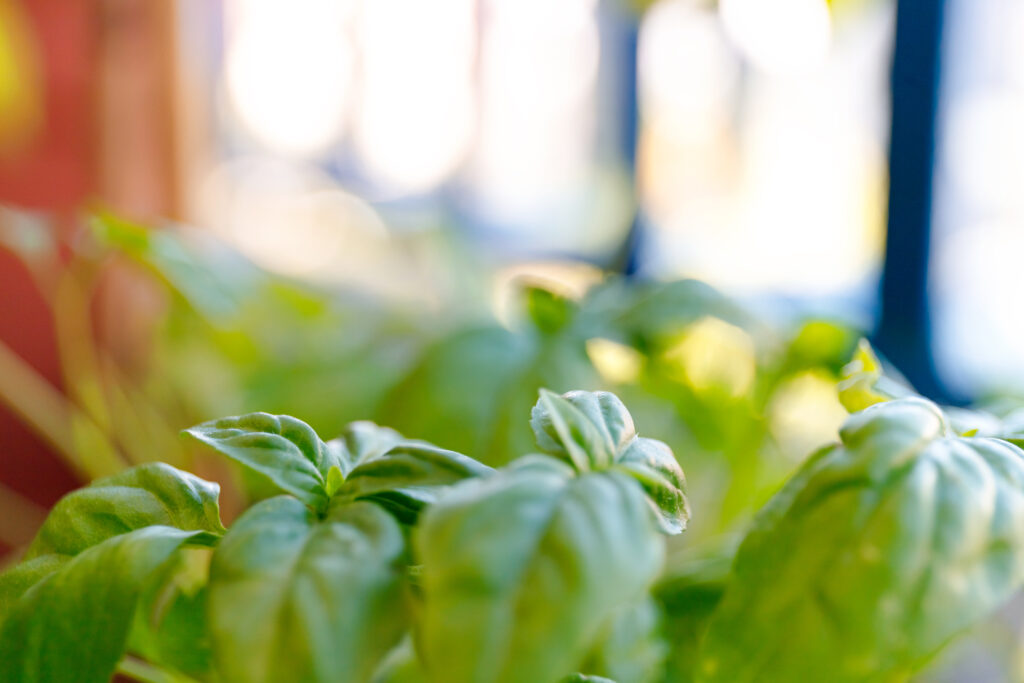Summary of Endophytic fungi induce salt stress tolerance in greenhouse-grown basil
Biostimulant – Fungi Enhance Basil Growth and Quality under Salinity
Farmers across Mediterranean irrigated regions often struggle with low-quality, saline water that reduces crop productivity. Sweet basil (Ocimum basilicum L.), widely cultivated in Italy, reacts strongly to salt stress, which limits both yield and market value. To address this challenge, researchers increasingly explore how beneficial microorganisms can support crops under salinity. Biostimulant – Fungi Enhance Basil by strengthening growth, improving nutritional quality, and supporting stress tolerance.
How Beneficial Fungi Improve Basil Performance
In a greenhouse experiment, researchers evaluated how endophytic fungi such as mycorrhizal fungi and Trichoderma, combined with plant growth–promoting rhizobacteria, influence basil grown under non-saline (1 mM NaCl) and saline (40 mM NaCl) conditions. Salinity reduced growth in all plants, but inoculated basil maintained stronger vigor, showing that biostimulant fungi enhance basil resilience during salt stress.
Yield and Quality Benefits from Microbial Inoculation
The microbial biostimulant increased marketable fresh yield by 17% because inoculated plants produced more pigments and maintained higher photosynthetic efficiency, reflected in a stronger SPAD index. The treatment also improved several quality traits: antioxidant activities increased, and total phenols rose by 7.7%. At the same time, nitrate levels dropped by 16.1%, offering a healthier final product. These improvements show how Biostimulant – Fungi Enhance Basil by stimulating both productivity and nutritional value.
A Sustainable Strategy for Saline Agriculture
Farmers facing saline irrigation water need reliable and sustainable solutions. Beneficial microorganisms offer a practical approach because they support plant physiology rather than relying on chemical inputs. By improving yield, enhancing antioxidant capacity, and reducing nitrate accumulation, microbial biostimulants strengthen the entire cropping system. Their use helps growers maintain consistent basil production even when water quality declines. As a result, microbial technologies represent a promising tool for future Mediterranean vegetable farming, where resilience and quality remain essential.
Publication: Acta Horticulturae









